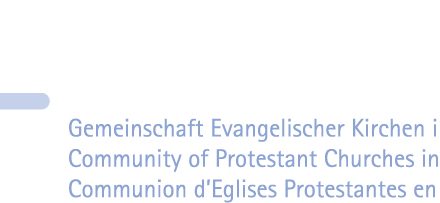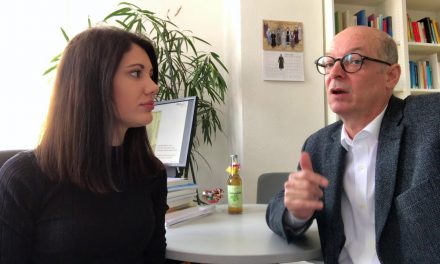Greece: Greece’s Education Ministry announced to remove all references to schoolchildren’s religious faith and nationality from school records and certificates. This announcement complies with a ruling by the country’s independent privacy authority that responded to a complaint by atheists and rights activists. The authority found it was illegal for school authorities to list pupils’ faith and nationality on end-of-school certificates on an internal Education Ministry portal, and on declarations non-Greek Orthodox parents must sign to exempt their children from otherwise obligatory religious education classes. Education Minister Niki Kerameos said authorities are now taking appropriate actions to comply.
At the same time, the Council of State (STE), Greece’s highest administrative court, now ruled that the changes in Greek Religious Education, introduced by the previous Syriza government, were unconstitutional. The left-wing government of the Syriza coalition changed the way religious classes are taught in the country’s primary and secondary schools in 2017. According to the Syriza-era reform, religious classes in Greek schools changed their focus from teaching Orthodox Christian values to a more general religious education, in which the beliefs of every major religion are taught. According to today’s STE judgment, the Greek constitution does not allow such a reform, as it mentions that religious classes in Greek schools must seek to develop the Orthodox Christian spirit and conscience to the students; provided, of course, that they are Orthodox Christians. Pupils and students who are not Orthodox Christians or are atheist, can obtain an exemption from these classes by submitting a written request. The STE ruled that the reform of the previous government did not aspire to the development of students’ Orthodox Christian consciences and did not comprise a comprehensive teaching of the dogmas, traditions and moral values of the Orthodox Christian Church. The reform has been now ruled unconstitutional for this reason. This will most likely re-establish the traditional way in which religious classes were taught in the country, before the 2017 reform.






Trackbacks/Pingbacks